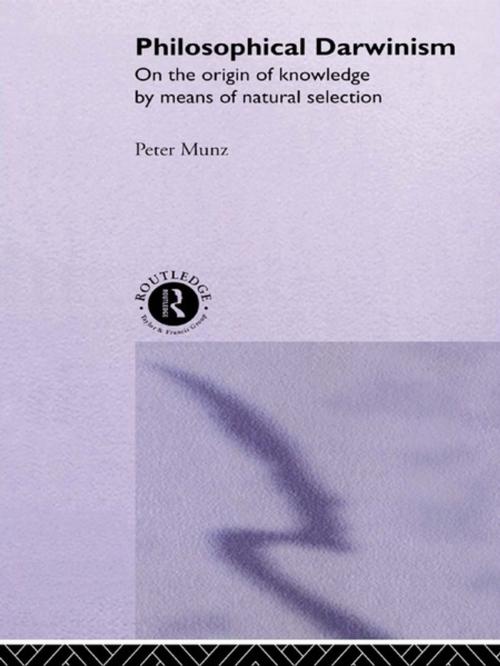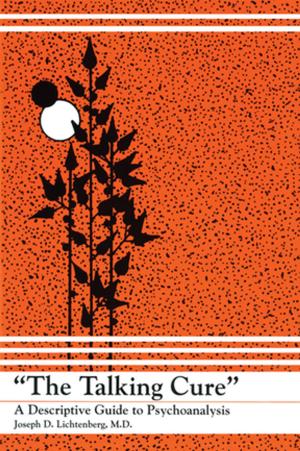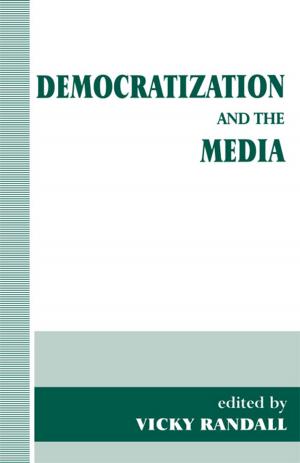Philosophical Darwinism
On the Origin of Knowledge by Means of Natural Selection
Nonfiction, Religion & Spirituality, Philosophy| Author: | Peter Munz | ISBN: | 9781134884834 |
| Publisher: | Taylor and Francis | Publication: | November 1, 2002 |
| Imprint: | Routledge | Language: | English |
| Author: | Peter Munz |
| ISBN: | 9781134884834 |
| Publisher: | Taylor and Francis |
| Publication: | November 1, 2002 |
| Imprint: | Routledge |
| Language: | English |
Philosophers have not taken the evolution of human beings seriously enough. If they did, argues Peter Munz, many long standing philosophical problems would be resolved. One of philosophical concequences of biology is that all the knowledge produced in evolution is a priori , i.e., established hypothetically by chance mutation and selective retention, not by observation and intelligent induction. For organisms as embodied theories, selection is natural and for theories as disembodied organisms, it is artificial. Following Popper, the growth of knowledge is seen to be continuous from the amoeba to Einstein'. Philosophical Darwinism throws a whole new light on many contemporary debates. It has damaging implications for cognitive science and artificial intelligence, and questions attempts from within biology to reduce mental events to neural processes. More importantly, it provides a rational postmodern alternative to what the author argues are the unreasonable postmodern fashions of Kuhn, Lyotard and Rorty.
Philosophers have not taken the evolution of human beings seriously enough. If they did, argues Peter Munz, many long standing philosophical problems would be resolved. One of philosophical concequences of biology is that all the knowledge produced in evolution is a priori , i.e., established hypothetically by chance mutation and selective retention, not by observation and intelligent induction. For organisms as embodied theories, selection is natural and for theories as disembodied organisms, it is artificial. Following Popper, the growth of knowledge is seen to be continuous from the amoeba to Einstein'. Philosophical Darwinism throws a whole new light on many contemporary debates. It has damaging implications for cognitive science and artificial intelligence, and questions attempts from within biology to reduce mental events to neural processes. More importantly, it provides a rational postmodern alternative to what the author argues are the unreasonable postmodern fashions of Kuhn, Lyotard and Rorty.















